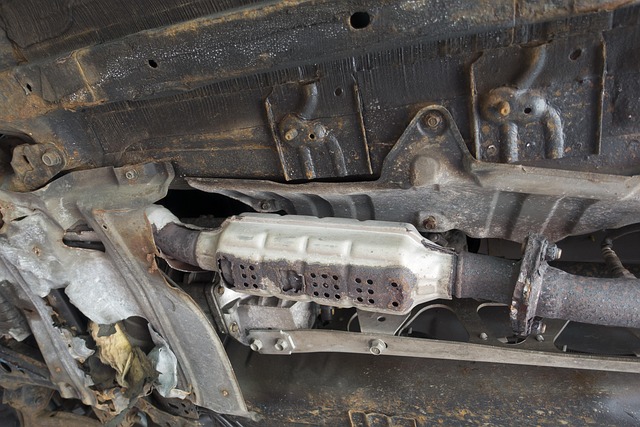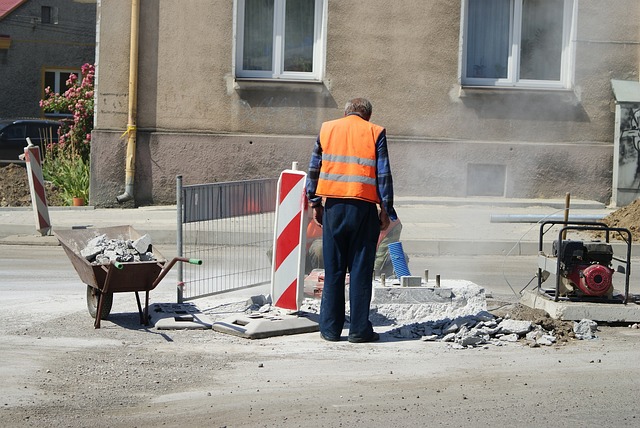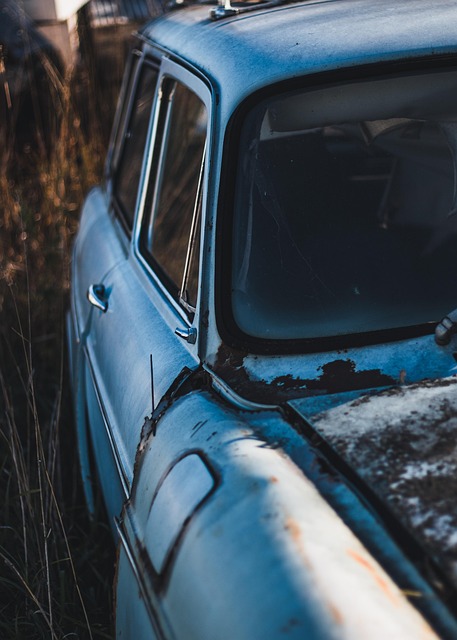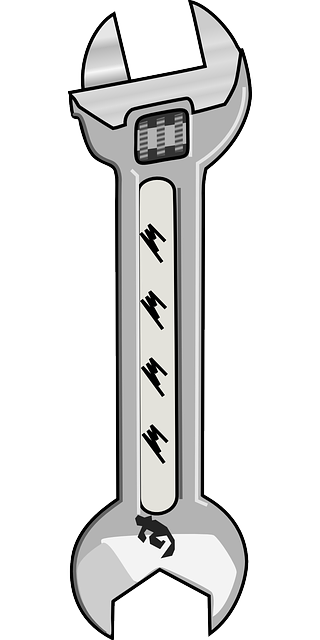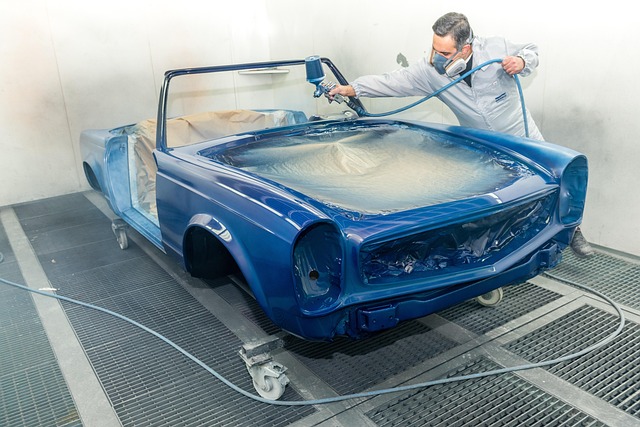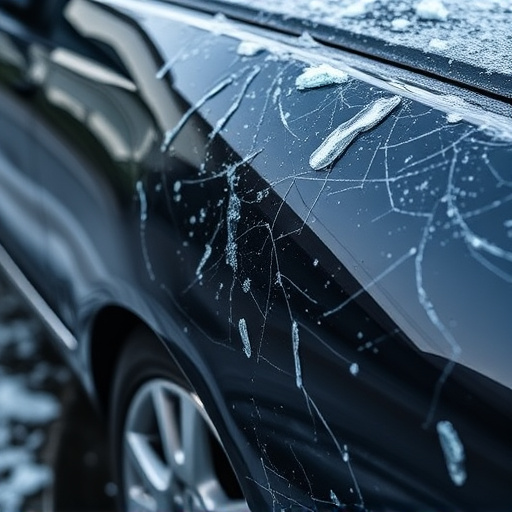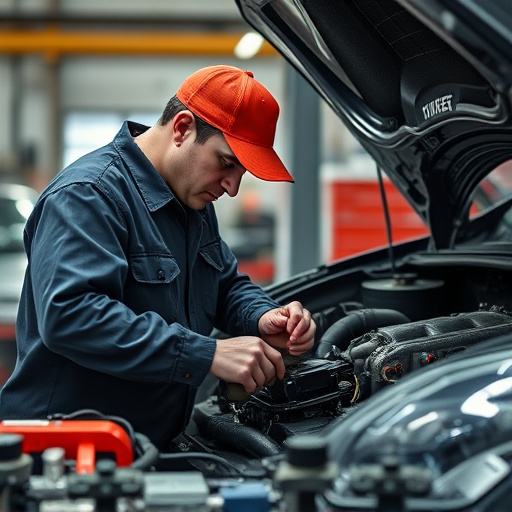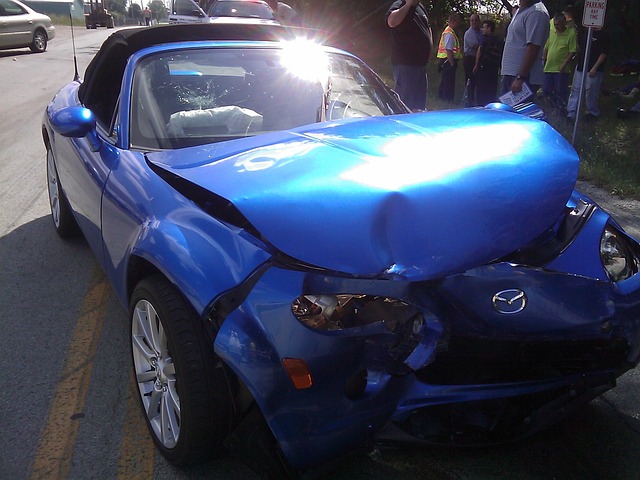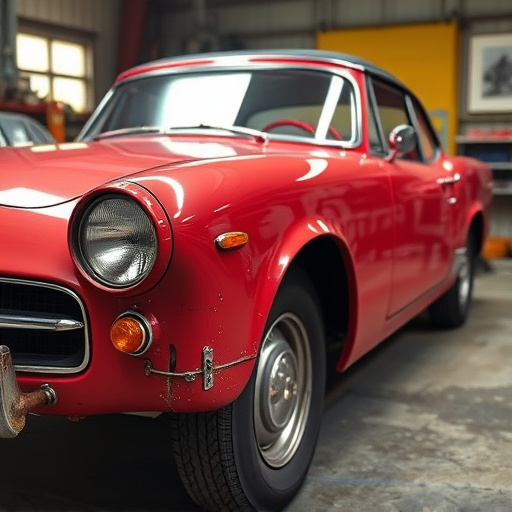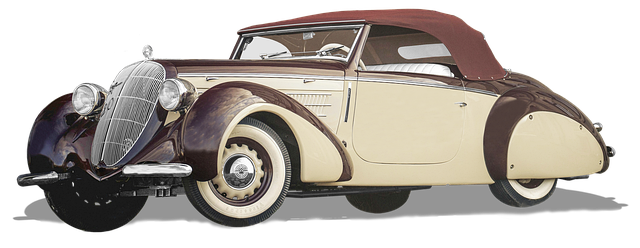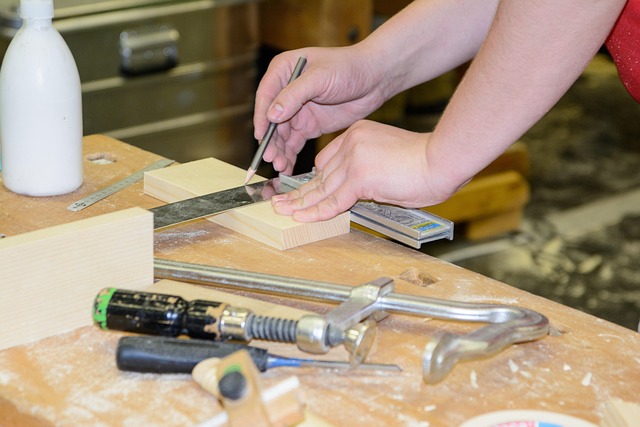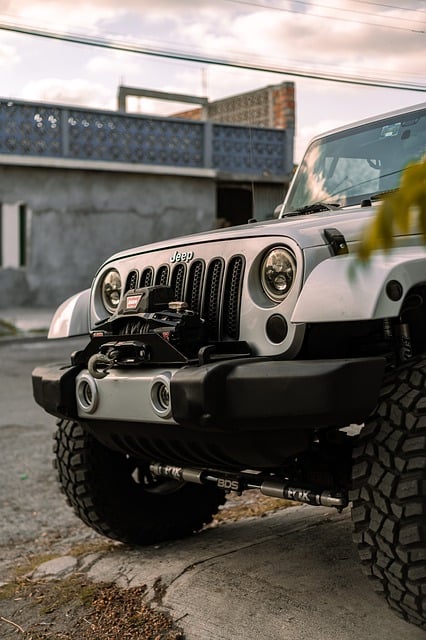Specialty collision hardware, driven by material science advancements, plays a vital role in vehicle body repairs. Key components like impact-resistant brackets, robust bolts, and high-quality seals ensure safety and structural integrity. Manufacturers use advanced CAD designs, strict quality control, and robust alloys to create durable hardware that meets or exceeds industry standards, fostering customer trust in auto body repair services.
Specialty collision hardware is an essential component in the automotive industry, offering protection and repair solutions for vehicles. This article delves into the factors that contribute to its durability and reliability. We explore the critical roles of key components, the science behind material selection, and how manufacturing processes play a vital role. By understanding these aspects, we can appreciate the significance of specialty collision hardware in ensuring vehicle longevity and safe repairs.
- Understanding Specialty Collision Hardware: Key Components and Their Roles
- Material Science and Durability: Choosing the Right Alloys for Longevity
- Manufacturing Processes and Quality Assurance: Ensuring Reliable Performance
Understanding Specialty Collision Hardware: Key Components and Their Roles
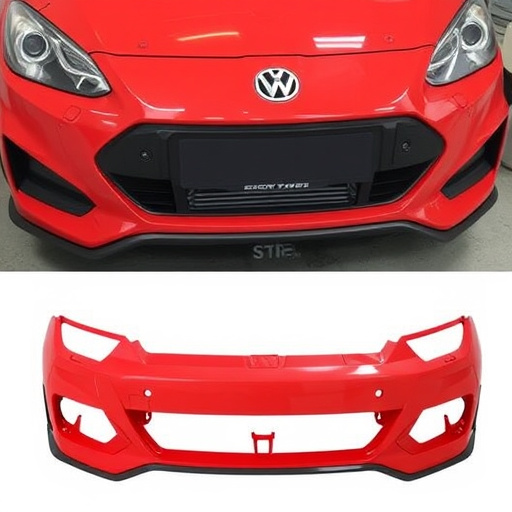
Specialty collision hardware is a critical component in ensuring the safety and longevity of a vehicle during repair processes at a vehicle body shop or car bodywork center. This hardware encompasses a range of specialized parts designed to mimic the original vehicle components, maintaining structural integrity. Key among these are impact-resistant brackets, robust bolts, and high-quality seals that safeguard against corrosion.
Each element plays a vital role in securing panels, frames, and other body components back into place after repairs or replacements. Impact-resistant brackets, for instance, absorb and distribute the force of collision, preventing excessive damage to the vehicle’s structure. Bolts, on the other hand, provide secure fastening, ensuring that all repaired parts remain firmly in their designated positions. Meanwhile, seals prevent water intrusion and corrosion, which can compromise the strength and aesthetics of the car bodywork over time, enhancing the reliability of vehicle repair services.
Material Science and Durability: Choosing the Right Alloys for Longevity
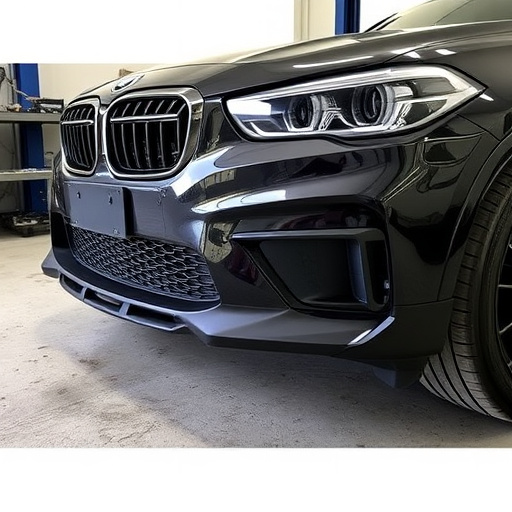
The durability and reliability of specialty collision hardware heavily rely on material science, a field that explores the unique properties of various alloys to extend the lifespan of car components. In the context of tire services, auto body shops, and car bodywork services, selecting robust materials is paramount. Alloys like high-strength steel, aluminum, and specialized composites are favored for their exceptional strength-to-weight ratios and corrosion resistance. These materials play a pivotal role in enhancing the structural integrity of vehicles, ensuring they withstand the rigors of everyday use and potential collisions.
By understanding the material’s behavior under various conditions, manufacturers can design hardware that exceeds industry standards. This scientific approach translates to longer-lasting parts, reducing the need for frequent replacements and ultimately saving customers money in the long run. When it comes to specialty collision hardware, choosing the right alloys is a strategic move that contributes to the overall quality and safety of auto body repairs, fostering customer trust in these services.
Manufacturing Processes and Quality Assurance: Ensuring Reliable Performance
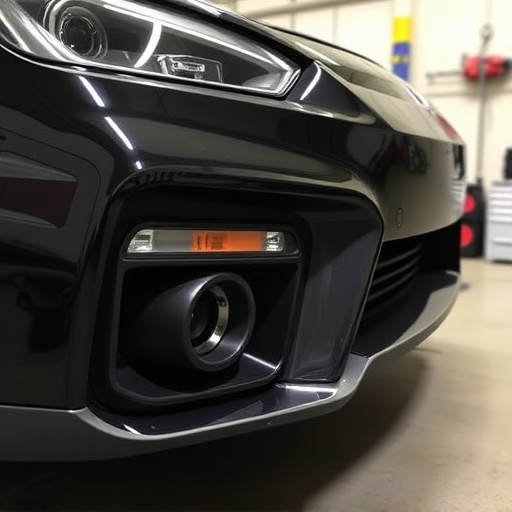
The manufacturing process plays a pivotal role in shaping the durability and reliability of specialty collision hardware. Top-tier manufacturers adhere to stringent quality control measures from the initial design phase onwards. This involves utilizing advanced computer-aided design (CAD) software to create precise blueprints, ensuring every component is crafted to exact specifications. The use of high-quality materials, such as robust alloys and innovative composite structures, forms the backbone of these hardware solutions.
Rigorous quality assurance tests are conducted throughout the production process, simulating real-world conditions like extreme temperatures, impact forces, and corrosive environments. These tests validate the hardware’s performance, ensuring it meets or exceeds industry standards for auto collision repair and vehicle bodywork applications. Such meticulous craftsmanship translates into superior strength, longevity, and consistent reliability across diverse car repair services.
Specialty collision hardware’s durability and reliability stem from a meticulous design process that considers each component’s role, advanced material science for superior strength, and stringent manufacturing processes. By prioritizing these aspects, these hardware solutions offer longevity and consistent performance in challenging environments, setting new standards for the industry while meeting the demands of modern applications.

